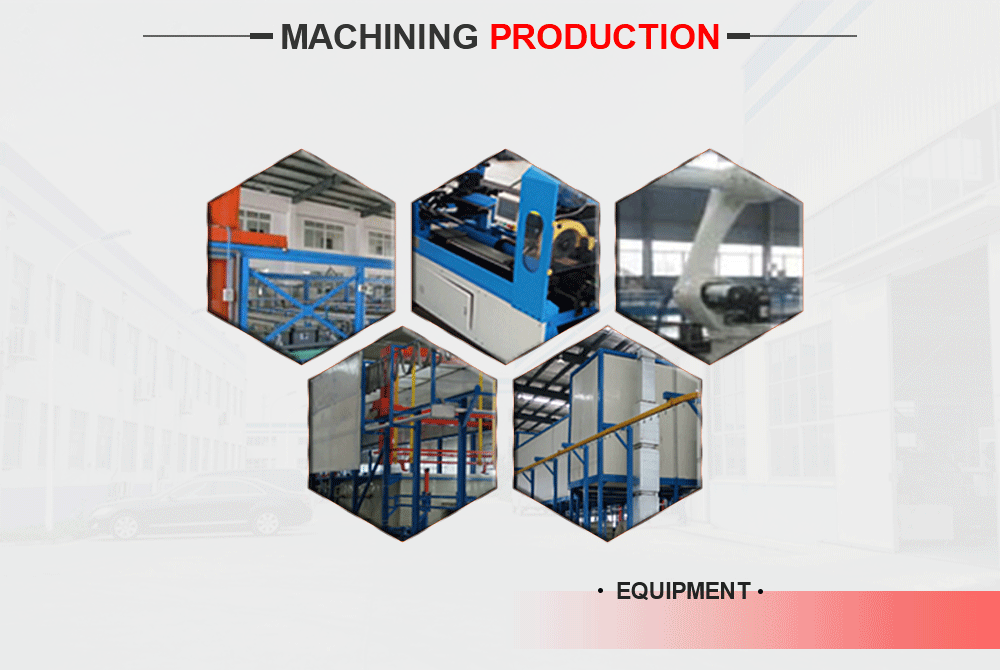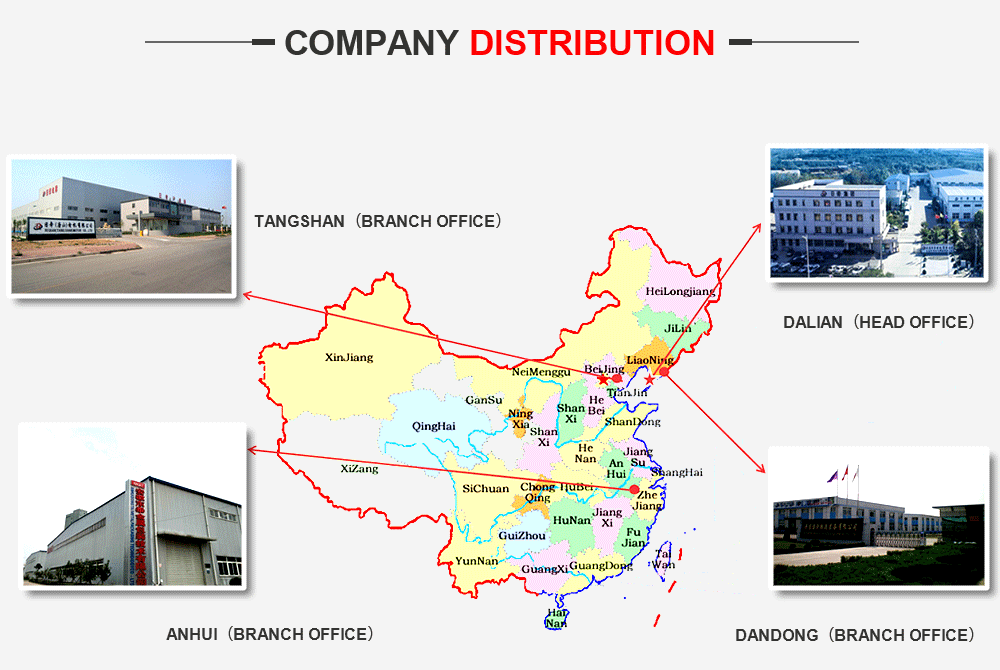Backcountry Camping Carts
1. Outdoor off-road wheel, can support uneven ground rolling;
2. All-steel frame, strong bearing capacity;
3. Has increased capacity, to meet the storage space items;
4. Adjustable Tie Rod, suitable for different height. Camping Cart,Outdoor Cart,Folding Cart,Adjustable Pull Rod Cart Dalian CS Logistics Technology Co., Ltd , https://www.dlcslogistics.com
It is always felt that Malaysia’s policy in the automotive industry is basically equivalent to a specific and micro-repeated China version. The only difference is that Malaysia lacks such a large market and room for maneuvering in China, and as a result, Malaysia has never hoped that the market will change technology. Therefore, Malaysia adopted a policy of high tariffs, adopted a policy of supporting state-owned auto groups, adopted an import licensing system, and a localization rate recognition system. These policies were almost all adopted by China in the past. Therefore, it is entirely predictable that once foreign car companies in the future remove all difficulties in setting up a CKD factory assembly vehicle in Malaysia, Malaysia will surely introduce a policy similar to China’s “recognized vehicle†to replace the simple localization rate determination.
The current situation in China is gradually getting in line with international standards, canceling many barriers to restricting foreign car brands from entering, and even allowing them to obtain “super national treatmentâ€, foreign brands occupy almost all of the car market. As a result, it seems as if the national independent brands that have been entrenched in the middle of the two old and new Chinese automobile industry policies have not enjoyed the first-mover advantage that has not come easily in Malaysia; in the domestic market, they are pressing harder and harder against foreign companies. It is also a difficult situation.
Geely Automobile's project in Malaysia has been suspended, and Chery’s projects in Malaysia have been put on hold. Originally, when Geely chose to export as a new growth point, it was totally forced by domestic competition to make "great diversion". .
Otherwise, what is the reason for the export of more than two-thirds of automobiles from the huge domestic market that foreign companies flock to? The reason is simple, and the only competitive advantage of self-owned brand cars lies in their low cost. The main method of reducing costs lies in mass production. However, if a large-scale production car loses the country's barrier to foreign investment, it will not be able to digest it internally, and will inevitably export. This should be the main reason why many independent brands - Geely, Chery, Great Wall, etc., will simultaneously regard export as the development of the second engine.
It is ironic that Malaysia’s Proton Motor Company can get it right and left and it’s cheap. On the one hand, in its domestic market, the protection of the country occupies a monopoly position; on the other hand, it imitates the international giants to come to China to enjoy preferential foreign investment policies. Just two days ago, some media reported that a private bus company in Zhejiang, Jinhua Youth Group, has already established a joint venture with the world-famous British Lotus Motor Company to produce mid- to high-end cars in Shandong, and will mainly adopt CKD production methods. However, few people know that as early as 1994, Proton Group has already acquired 80% of Lotus Auto. More intriguing is that the design production capacity of this production base is 200,000, and the total annual sales volume of the Lotus sports car in the world is also more than 5000 vehicles. What can this 200,000 production capacity be used for? The answer is clear - under the banner of the Lotus, many models of the Proton are produced. Therefore, rather than saying that Jinhua Youth is working with Lotus Auto, it is better to cooperate with Proton.
It is very easy for foreign auto companies to enter China, and it is difficult for local auto companies to go abroad! This is China's current auto market.
As an example, Chery’s defeat in Iran in 2003 was mainly due to Iran’s extreme protection of domestic companies. Now, IKCO, the largest Iranian car company, has also joined hands with Jinhua Youth Group to produce 1.6L displacement in Shandong. The above high-end cars.
Opening up to foreign brands is not a bad thing. The problem is that the main purpose of opening up—market-for-technology—has not been achieved.
Not long ago, the "2005 Report of Multinational Companies in China" published by the Research Center for Multinational Corporations of the Institute of Foreign Economic Relations of the Ministry of Commerce disclosed the "new clothes of the emperor" - "The result of massive foreign direct investment is the lack of core technology." ! The reason is that when transnational corporations invest, they “put the assembly link that has the least technical content in the commodity industry chain in China, and they value China’s unlimited supply of cheap laborâ€.
The myth of "market-for-technology" was shattered. We let the market go without getting the technology. Do we still need to continue to open up for openness? Since opening up is only a means, when this means is no longer conducive to the pursuit of goals, should it be adjusted decisively?
View related topics: independent brands, where to go? 
